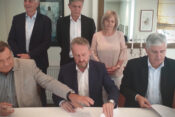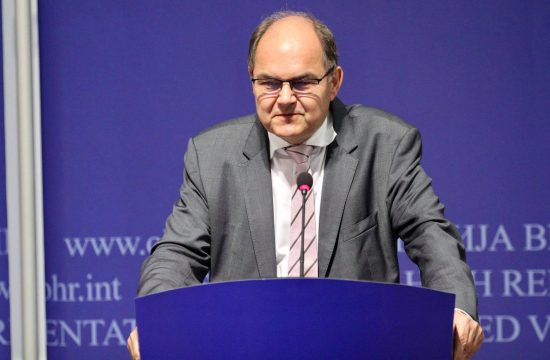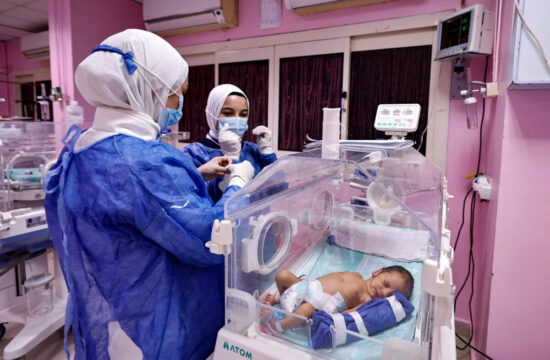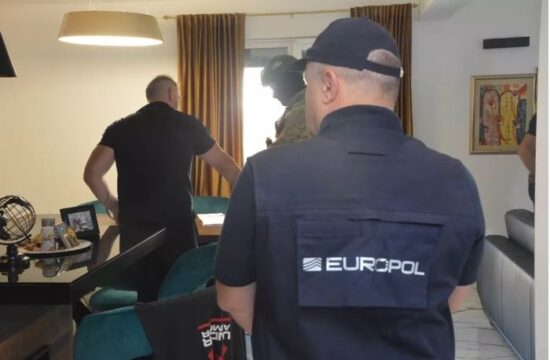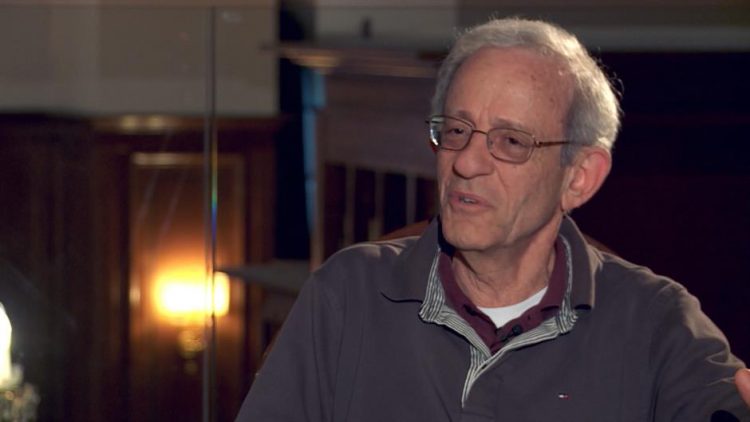
While most of Bosnia’s politicians in power are engaged in ethnonationalist politics, a large part of the reason for the country’s stagnation is also the “grip” which Moscow has on Bosnia’s Serb-majority region, Republika Srpska (RS), Professor at the Johns Hopkins University, Daniel Serwer, told N1 on Sunday.
Serwer said that Bosnia and Herzegovina is no “ticking time-bomb,” as the French President recently called it, but that the country is rather stagnating because of political bickering, mostly between “nationalist and ethnonationalist parties in power which were also in power during the war and continued that war through political non-violent methods in the past 25 years.”
He said that even though Bosnia’s government is dysfunctional, he still prefers “for politics to be conducted in nonviolent ways” and that progress was made since “people still try to cooperate when it comes to forming the government.”
Bosnia has not formed a government – officially the Council of Ministers – since the October 2018 election because the Bosniak and Croat Presidency members refuse to vote for the new Chairman, who is supposed to come from the Bosnian Serb ruling party led by Bosnian Serb Presidency member Milorad Dodik.
The reason is a disagreement over whether the country should send the Annual National Programme (ANP) to NATO in Brussels. Dodik’s party is opposed to Bosnia making any steps toward NATO membership, while the RS has adopted a Resolution on Military Neutrality in 2017 – which means it is opposed to entering any military alliances.
But the Bosniak and Croat Presidency members said they will not vote for the new Council of Ministers Chairman until the ANP is sent.
According to Serwer, Dodik is a servant of Russia – “a puppet who will fulfil their wishes.”
“They don’t want to see Bosnia and Herzegovina moving toward NATO, although I think they have meanwhile also become anti-EU, as they constantly keep losing in the Balkans. They were defeated in Montenegro and Albania, and they have no chance in Kosovo,” he said.
“Bosnia and Herzegovina is divided when it comes to NATO. I don’t see any sense in Dodik rejecting it except if Russia paid for it,” he added.
With this in mind, Bosnia’s citizens should decide whether “Dodik should be in the Presidency,” Serwer argued, adding that there are “good reasons” for why the Bosnian Serb leader cannot travel to the US.
The US has blacklisted Dodik in 2017 for obstructing the implementation of the 1995 Dayton Peace Agreement which ended Bosnia’s war.
Serwer also commented on the fact that the government in the Federation (FBiH), the other semi-autonomous entity mostly populated by Bosniaks and Croats, has also not been formed yet as the main Bosniak and Croat ethnic parties, the Party for Democratic Action (SDA) and the Croat Democratic Union (HDZ) have not reached an agreement.
“No, that doesn’t surprise me. They are doing what they have been doing during the times of war, they spar with each other, they are trying to divide the benefits among each other, they are trying to gain some kind of advantage over each other,” he said, adding that this is, in academic terms, called “a neopatrimonial system.”

